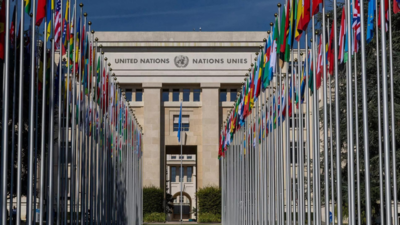
On the eve of the World Day Against Trafficking in Persons, Guterres underscored the urgent need for international cooperation to combat trafficking effectively. He described human trafficking as a "heinous violation of fundamental human rights and freedoms," which exploits the most vulnerable, particularly in times of conflict and instability. Guterres stressed the need for strengthened law enforcement to bring traffickers to justice and support for survivors to rebuild their lives.
Recent data from the UN Office on Drugs and Crime (UNODC) reveals that more than half of human trafficking cases are reported by victims or their families, indicating significant challenges for authorities in detecting and protecting victims. The report shows that women and girls, accounting for approximately 60% of detected victims, are predominantly subjected to sexual exploitation and severe violence. Meanwhile, men and boys are increasingly forced into labor and criminal activities.
The UNODC's Executive Director, Ghada Waly, highlighted that human trafficking is a crime often hiding in plain sight. Many victims, lacking legal status and support, are unable to seek help, trapped by the false promises of traffickers. Waly called for a comprehensive approach involving healthcare, social services, and law enforcement to identify and assist victims. She also urged the public to report suspicious activities and emphasized the critical role of civil society in raising awareness and supporting victims.
The ongoing global crises, including conflicts and climate emergencies, have exacerbated the risks of human trafficking. People living in poverty and without legal status are prime targets for traffickers, making coordinated international efforts more crucial than ever. The UN campaign for the World Day Against Trafficking in Persons aims to raise awareness of these disturbing trends and call for stronger preventive measures and victim support.
As the world grapples with these challenges, the UN continues to advocate for robust actions to dismantle trafficking networks and ensure that no individual is ever subjected to such exploitation. The collective efforts of governments, international organizations, and civil society are essential to creating a safer environment for all, especially the most vulnerable children.
Topics
Live News
